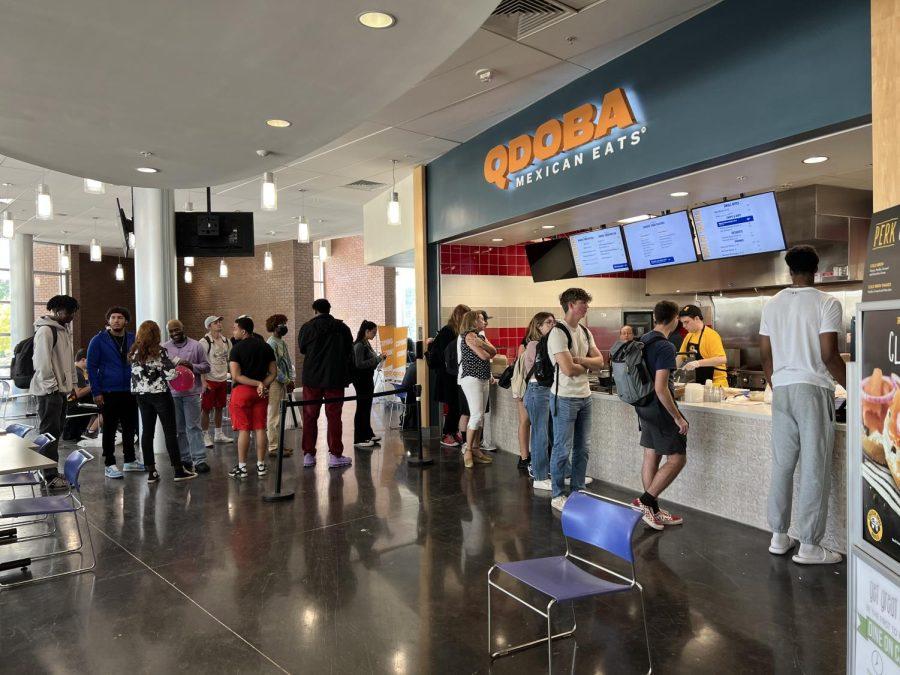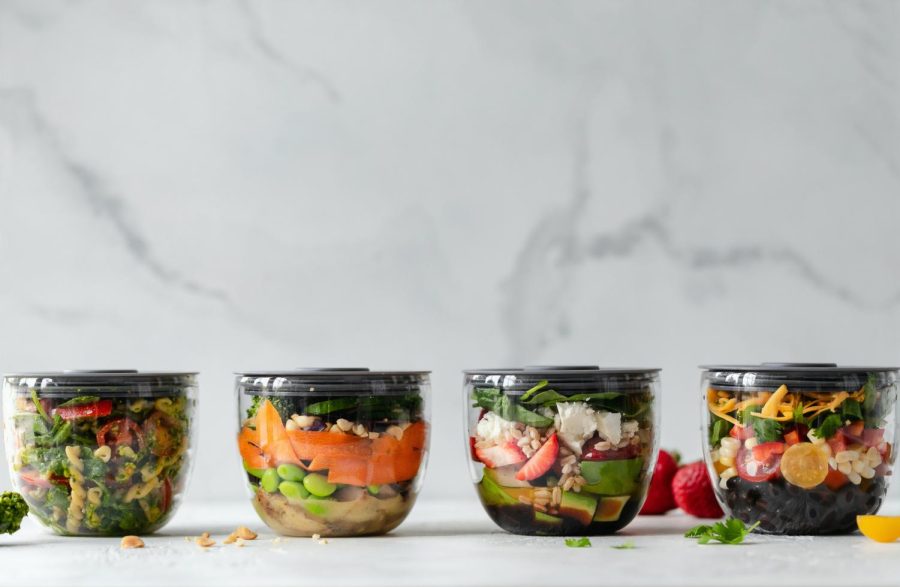By now, most college students are familiar with the term “ultra-processed foods” and its association with health concerns. You know it’s not good for you, but it’s hard to let go.
You wake up early, go to a couple classes, and now you’re hungry. A couple of days before you said to yourself, I’m going to start eating healthier. But now, you’re just hungry, and you want something quick that tastes good, which normally falls into the ultra-processed food category. So, you give in.
But, what exactly are you giving in to?
Although ultra-processed foods are easily accessible and cheap, they’re also filled with unhealthy sugars, fats and little to no nutrients.
“Decreasing the consumption of ultra-processed foods could be an effective way of reducing the excessive intake of added sugars in the USA,” according to BMJ Journal, a leading general medical journal.
However, there is a difference between processed and ultra-processed foods.
“One thing that’s really important for college students to understand is the term processed. Processed food is any food that has been altered from its original state,” said Dr. Lauri Wright, chair of The Department of Nutrition and Dietetics at UNF.
So, washing and cutting fruit falls under the category of processed food. The level of processing foods varies, which brings us to ultra-processed foods like cookies, chips and soda.
“Those ultra-processed foods often have no nutrient value except calories, and they often have a lot of fat and sugar,” said Wright.
So, why is this important?
Excessive consumption of sugar is strongly connected to heart disease, diabetes, obesity and cancer, according to Medical News Today.
Wright says more than half of the calories college students consume come from ultra-processed foods.
There is eight times more added sugar in ultra-processed foods than processed foods, which create the potential of developing the diseases discussed.
College life can be fast-paced, so taking the time to prepare your food ahead of time will help to cut down choosing foods based on convenience. Mindfully deciding what you will eat can go a long way.
Wright says the most important thing is to pay attention to the nutritional value of the food you choose to eat.
“What’s the bang for your buck,” said Wright.
__
For more information or news tips, or if you see an error in this story or have any compliments or concerns, contact editor@unfspinnaker.com.















